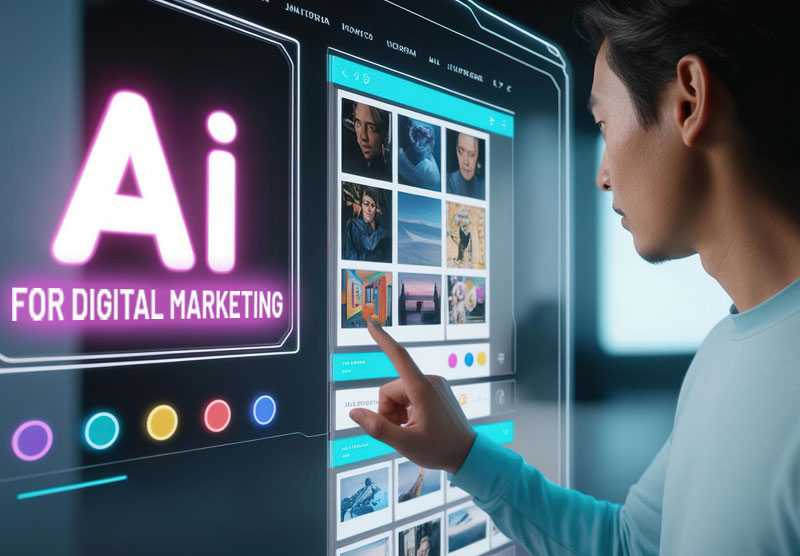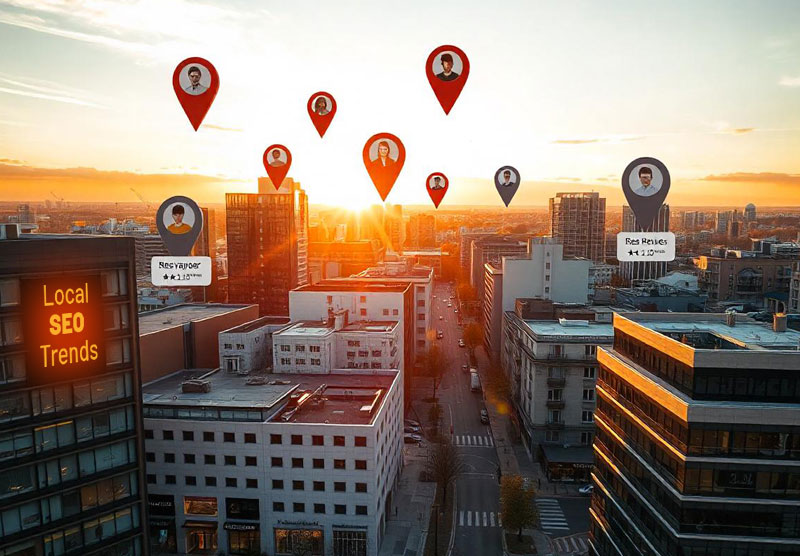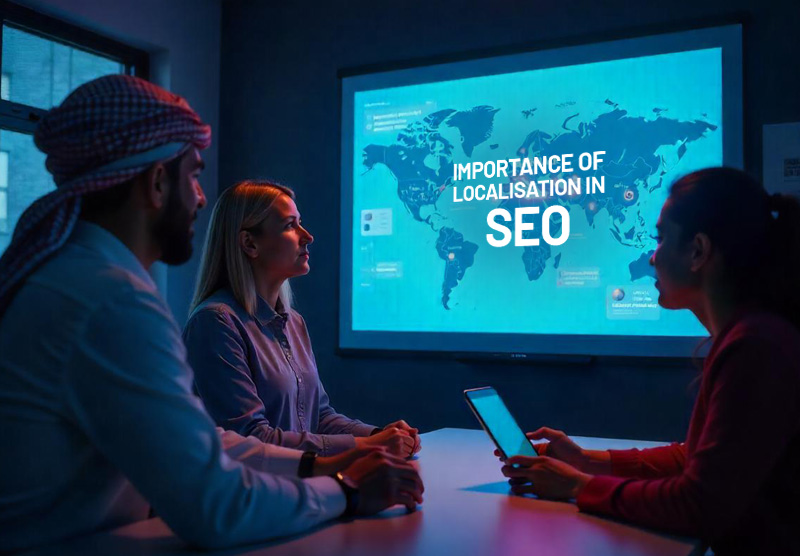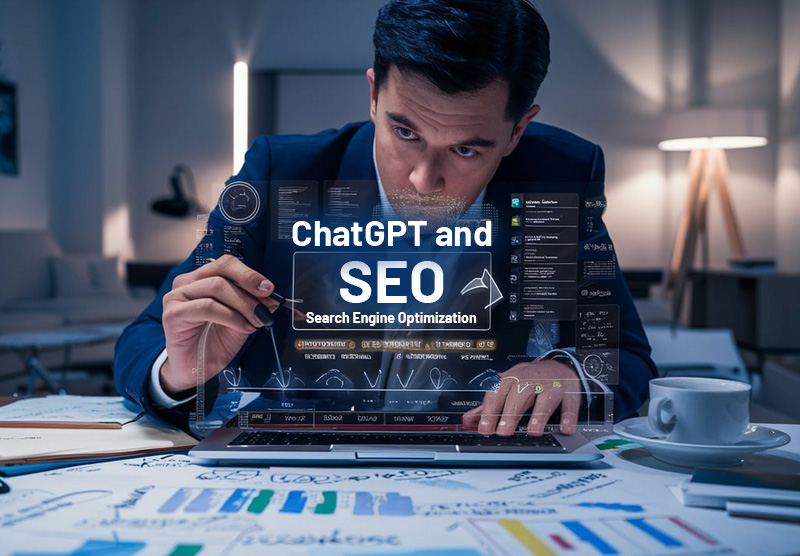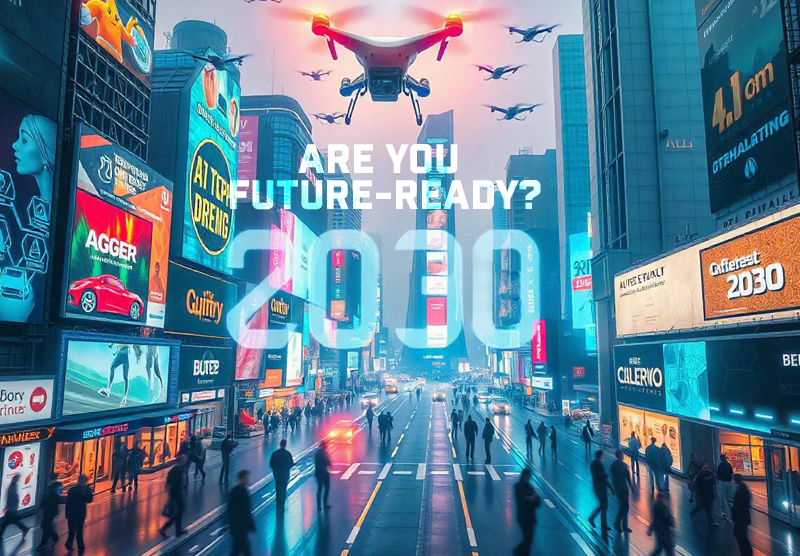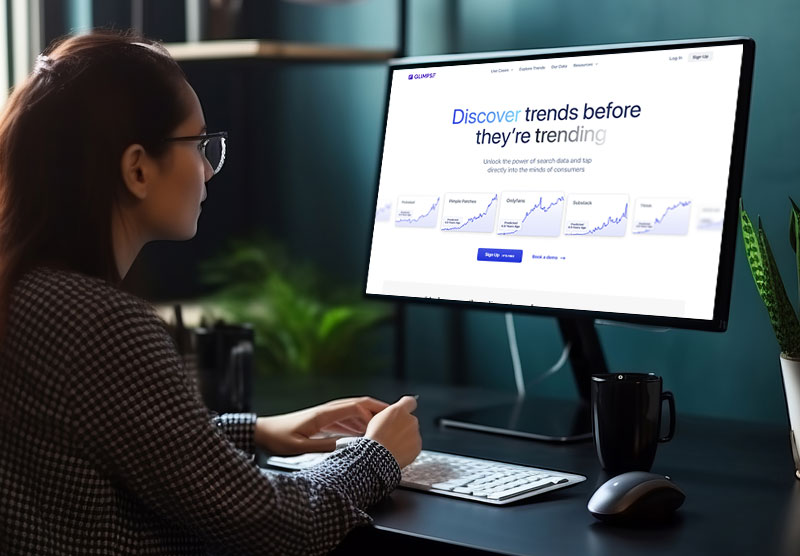Using AI for Digital Marketing
AI is transforming digital marketing by enabling more targeted, efficient, and personalized customer engagement.
Brands can benefit from using AI to understand their customer behavior and buying patterns.
Efficiency: Automates repetitive tasks, freeing up time for strategic initiatives.
Cost-Effectiveness: Reduces the cost of customer acquisition and campaign management.
Improved ROI: Delivers better targeting and personalization, increasing conversion rates.
Data-Driven Insights: Leverages big data to make informed decisions.
Challenges and Considerations
Data Privacy: Ensuring compliance with regulations like GDPR and CCPA.
Bias and Fairness: Avoiding bias in AI algorithms that may affect targeting.
Human Oversight: Balancing automation with human creativity and judgment.
- Personalization at Scale
AI algorithms analyze customer data (e.g., browsing history, purchase behavior) to deliver personalized content, product recommendations, and advertisements.
Tools like recommendation engines (e.g., Amazon, Netflix) are prime examples of AI-powered personalization.
- Content Creation and Optimization
AI tools generate text, images, and videos for marketing campaigns, blogs, and social media posts.
Platforms like Jasper, Copy.ai, and Canva AI assist in creating ad copies, visuals, and social media content.
AI also helps in SEO optimization by suggesting keywords, meta descriptions, and analyzing content gaps.
- Chatbots and Conversational AI
AI-powered chatbots like ChatGPT and Dialogflow offer real-time customer service and lead generation on websites and messaging apps.
These bots provide 24/7 support, answer FAQs, and guide users through the sales funnel.
- Predictive Analytics
AI tools predict customer behavior by analyzing past interactions and trends.
This helps in identifying high-value leads, optimizing pricing strategies, and forecasting demand.
- Email Marketing Automation
AI improves email targeting by analyzing user preferences and engagement patterns.
Platforms like Mailchimp and HubSpot use AI to suggest the best times to send emails, personalize subject lines, and segment audiences.
- Social Media Management
AI tools like Hootsuite, Buffer, and Sprout Social assist in scheduling posts, analyzing audience engagement, and optimizing content.
Sentiment analysis powered by AI monitors brand reputation on social media.
- Ad Targeting and Optimization
AI helps in creating and targeting advertisements with high precision.
Tools like Google Ads and Facebook Ads use AI to optimize bidding strategies, identify audience segments, and improve ad placements.
- Voice Search Optimization
With the rise of smart assistants like Alexa, Siri, and Google Assistant, AI helps businesses optimize their content for voice search.
- Visual Recognition
AI-powered image and video recognition tools can identify products in user-generated content for marketing purposes.
Platforms like Pinterest Lens allow users to shop for items directly from photos.
- A/B Testing and Experimentation
AI automates and optimizes A/B testing, helping marketers identify the most effective versions of campaigns.
These are some of our favorite AI Tools
Focus: Immersive creatives
Key Features:
AI-powered creatives that are more engaging
Use Case: Social media is the new movie experience. How do you make it more engaging?
- Jasper AI
Focus: Content Creation
Key Features:
AI-generated blog posts, ad copy, and social media content
Tailored content tones and formats
Multilingual support
Use Case: Creating engaging and optimized marketing content quickly.
- ChatGPT (OpenAI)
Focus: Conversational AI and Chatbots
Key Features:
Customer support automation
Real-time engagement on websites or messaging platforms
Content ideation and research
Use Case: Enhancing customer interactions and assisting in brainstorming marketing ideas.
- Google Ads (Smart Bidding)
Focus: Advertising Optimization
Key Features:
AI-driven bid optimization for higher ROI
Audience targeting suggestions
Predictive analytics for ad performance
Use Case: Maximizing ad efficiency and targeting the right audience.
- Hootsuite
Focus: Social Media Management
Key Features:
AI-powered post scheduling
Sentiment analysis for brand monitoring
Content performance insights
Use Case: Managing multiple social media accounts and optimizing engagement.
- Canva (with Magic Resize and AI-Powered Features)
Focus: Visual Content Creation
Key Features:
Automated design resizing for different platforms
Text-to-image AI tools for creative visuals
User-friendly templates
Use Case: Designing professional graphics and visuals for campaigns.
- Mailchimp
Focus: Email Marketing Automation
Key Features:
AI-generated audience segmentation
Predictive analytics for email engagement
Optimized sending times
Use Case: Enhancing email marketing campaigns with personalization.
- BuzzSumo
Focus: Content Research and Analytics
Key Features:
Identifying trending topics and popular content
AI-driven influencer identification
Performance analysis of content
Use Case: Crafting data-driven content strategies.
- Surfer SEO
Focus: SEO Optimization
Key Features:
AI recommendations for keyword usage
Content optimization for search rankings
Competitor analysis
Use Case: Improving on-page SEO and ranking higher in search engines.
- Phrasee
Focus: AI-Powered Copywriting
Key Features:
Optimized subject lines for emails
AI-generated ad copy for social media and search
Brand-consistent messaging
Use Case: Increasing engagement through effective and creative copy.
AI offers endless opportunities for digital marketing, but it’s crucial to use it responsibly and strategically to maximize its potential.

